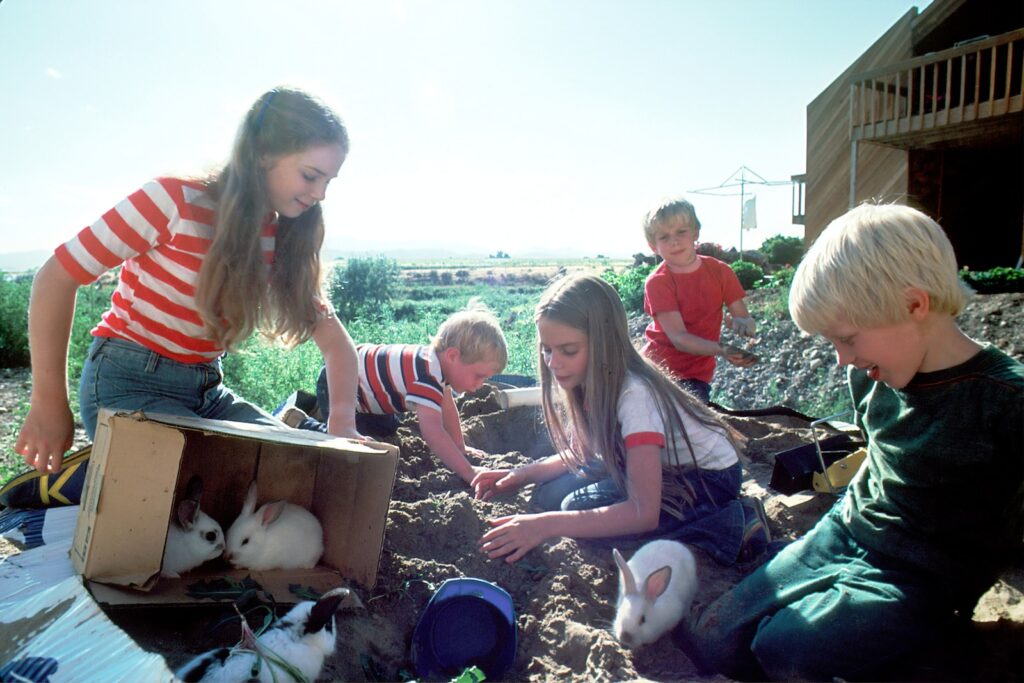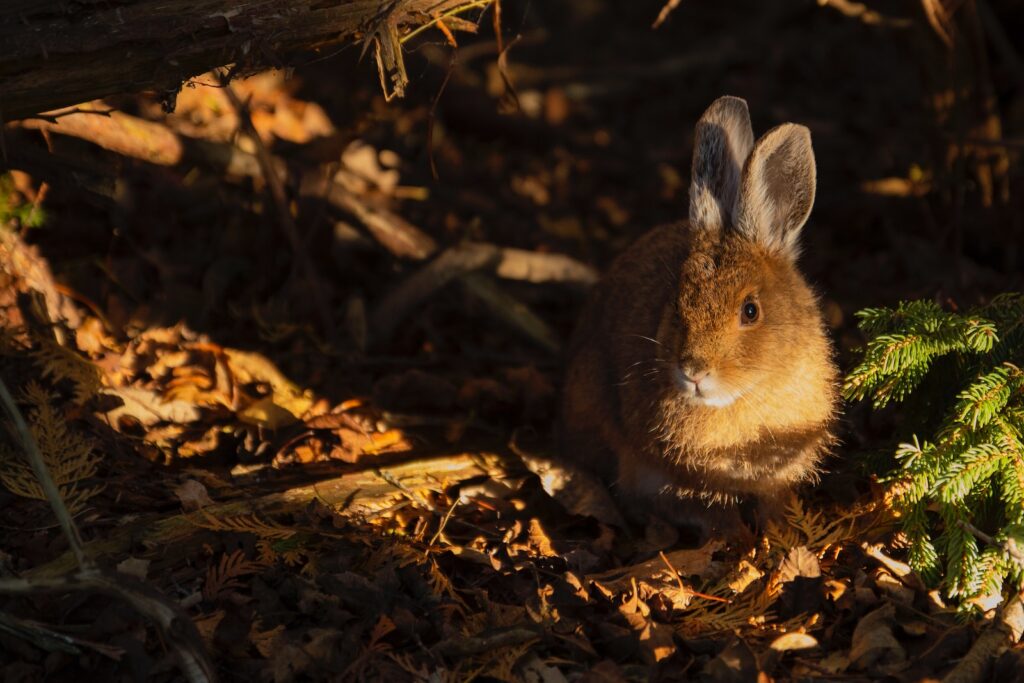Is Cheese Safe for Your Bunny?
When it comes to our floppy-eared friends, it’s important to know what’s best for their diet, and cheese isn’t on the list. Some might think a small piece of cheese can’t hurt, but the truth is, bunnies have delicate systems that are not designed for dairy foods like cheese. Let’s hop into why cheese and rabbits are not a good match.
The Trouble with Cheese and Bunnies
Rabbits have a very specific diet that nature crafted for them. Cheese, which comes from milk, isn’t part of their natural eating habits. Because they are herbivores, they thrive on plants, hay, and some fruits and veggies. Their digestive systems don’t have the tools to break down dairy products. This mismatch can lead to some serious tummy troubles, including upset stomach and even more serious digestive issues. Plus, cheese is high in fat, which is a no-go for your bunny’s health – it could lead to obesity and other health complications.
Signs Your Rabbit Ate Something Off-Limits
If a rabbit does nibble on cheese, you might notice some signs that they’re not feeling well. They may show changes in their usual behavior, like being less active or not playing as much. Your bunny might also stop eating their regular food or have trouble with their bathroom habits, like not pooping as often or having diarrhea. These signs could mean your bunny’s belly is having a hard time, and it’s essential to keep an eye on them and chat with a vet if you’re worried.
Bunny-Friendly Snacks to Chomp On
Even though cheese is off the table, there are plenty of safe and tasty treats your rabbit can enjoy. Fresh veggies like carrots, bell peppers, and leafy greens are great options. You can also give them the occasional piece of fruit as a special treat, just stick to small portions because fruit is sweet. Remember, the best snack for a rabbit is good ol’ hay. It’s perfect for their teeth and digestion.
Keeping Cheese Out of Bunny’s Reach
Rabbits are curious creatures, and they might try to taste foods that aren’t meant for them. To keep your bunny safe, store cheese and other dairy products where they can’t get to them. Always be mindful of what’s within their reach, especially when they’re hopping around outside their cage. It’s also important to teach everyone in your household what foods are safe for your pet and which are not.
Conclusion
To wrap up, keep the cheese away from your rabbit and stick to their bunny diet for their well-being. As cuddly as they are, it’s our job to make sure they’re eating right. By understanding their dietary needs and knowing the signs of a dietary no-no, we can help our rabbits stay happy and healthy. Always pay attention to their behavior and eating habits, and when in doubt, ask your vet. Responsible pet care includes feeding the right foods and keeping the wrong ones out of paws’ reach.



